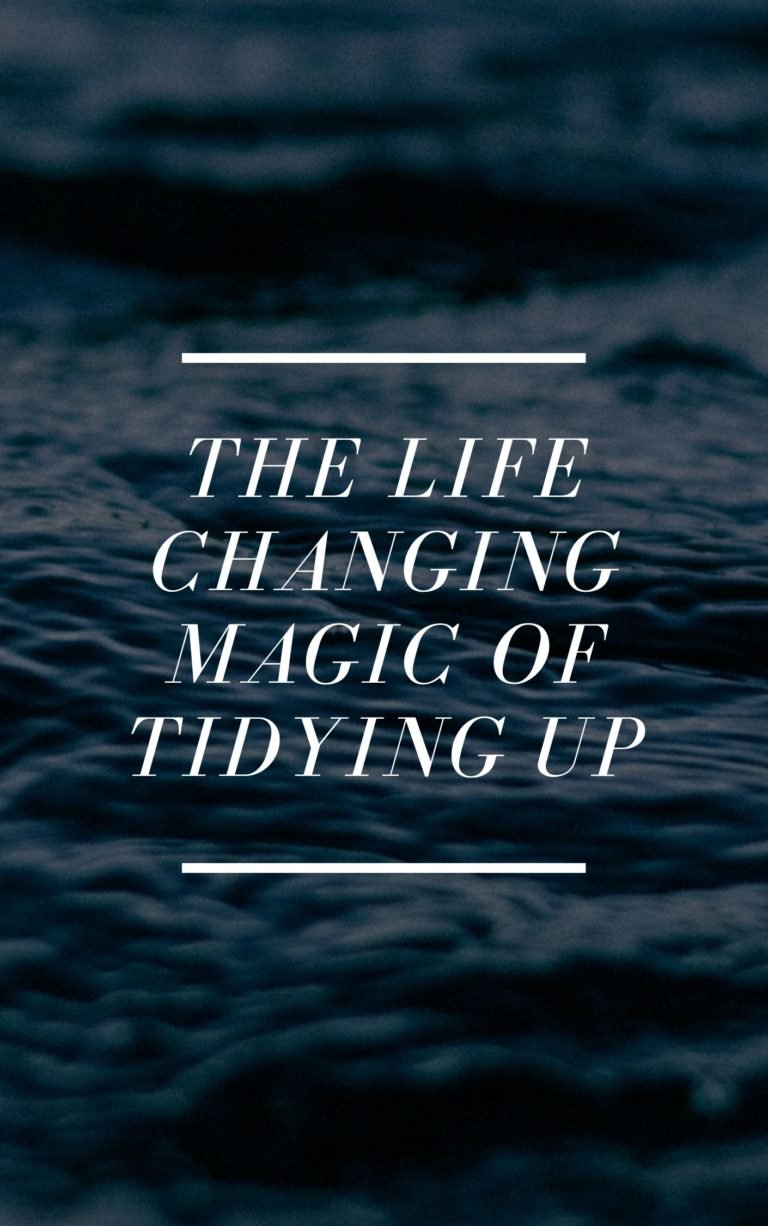The Coddling of the American Mind
How Good Intentions and Bad Ideas Are Setting Up a Generation for Failure
Greg Lukianoff and Jonathan Haidt
Rating: 8.4
A finalist for the 2018 National Book Critics Circle Award in Nonfiction
A New York Times Notable Book
Bloomberg Best Book of 2018
The New York Times bestseller!
“The authors, both of whom are liberal academics — almost a tautology on today’s campuses — do a great job of showing how ‘safetyism’ is cramping young minds. Students are treated like candles, which can be extinguished by a puff of wind. The goal of a Socratic education should be to turn them into fires, which thrive on the wind. Instead, they are sheltered from anything that could cause offense. . . Their advice is sound. Their book is excellent. Liberal parents, in particular, should read it.”
-Edward Luce, Financial Times
The term “microaggressions” – minor actions or words that seem innocent at first, but which students may interpret as a “kind of violence” – is quickly becoming part of standard university vernacular in the United States. Comments such as asking an Asian person, “Where were you born?” qualify as microagressions, because they imply that someone “is not a real American.” Some professors provide students with “trigger warnings” – alerts that certain content could “cause a strong emotional response.” Harvard law students even asked professors not to teach rape law because it might upset someone.
“What are we doing to our students if we encourage them to develop extra-thin skin just before they leave the cocoon of adult protection?”
How does this new form of “protectiveness” affect students? Not only does protectiveness misalign with the challenges students will face when they enter the working world, but it also teaches them to think in ways closely tied to anxiety and depression. In 2014, an American College Health Association survey showed that 54% of college students had “felt overwhelming anxiety” in the past year. If professors are trying to protect youth, they are misguided. The “most-basic tenets of psychology” advise against helping someone with anxiety to avoid what they fear. For example, if a man is terrified of elevators, he shouldn’t take the stairs. Instead, he should undergo “exposure therapy,” gradually reintroducing elevators to his life. This way, his brain will rewire to see them as safe. Classroom settings are one of the safest places students can expose themselves to fears. Once they enter post-university life, the world will be far less accommodating.
“According to the most basic tenets of psychology, helping people with anxiety disorders avoid the things they fear is misguided.”
Protecting students from words, ideas and people that might cause emotional discomfort harms the students themselves, their future employers and colleagues, and American democracy. It is the duty of colleges to equip young people to live in a society filled with sentiments they can’t control. Colleges should promote free speech and talk openly about tolerance. The US government must protect universities, legally, from prosecution for saying things students may not like. Colleges should reject the concept of trigger warnings and discourage professors from using them. Finally, universities should encourage students to expose themselves to ideas with which they may not agree, and teach them that such exposure isn’t always a catastrophe.






